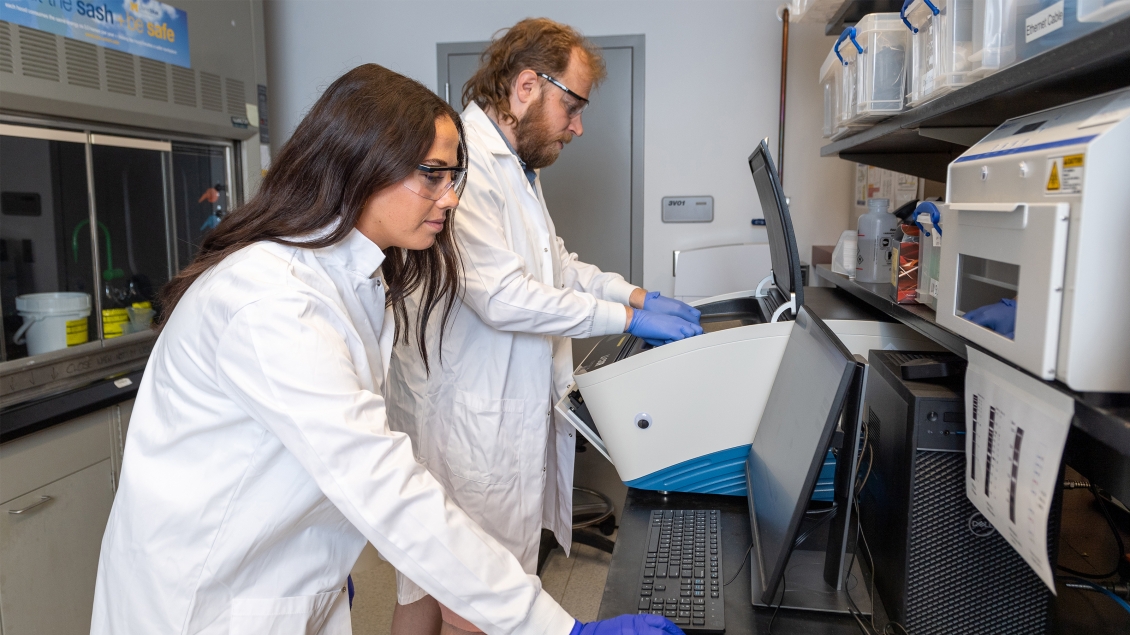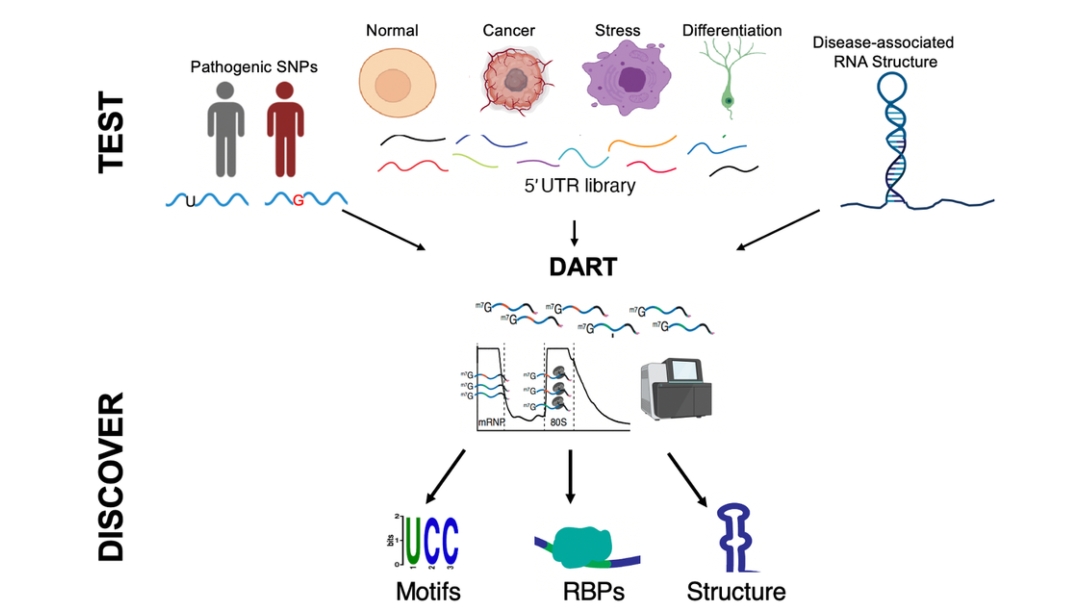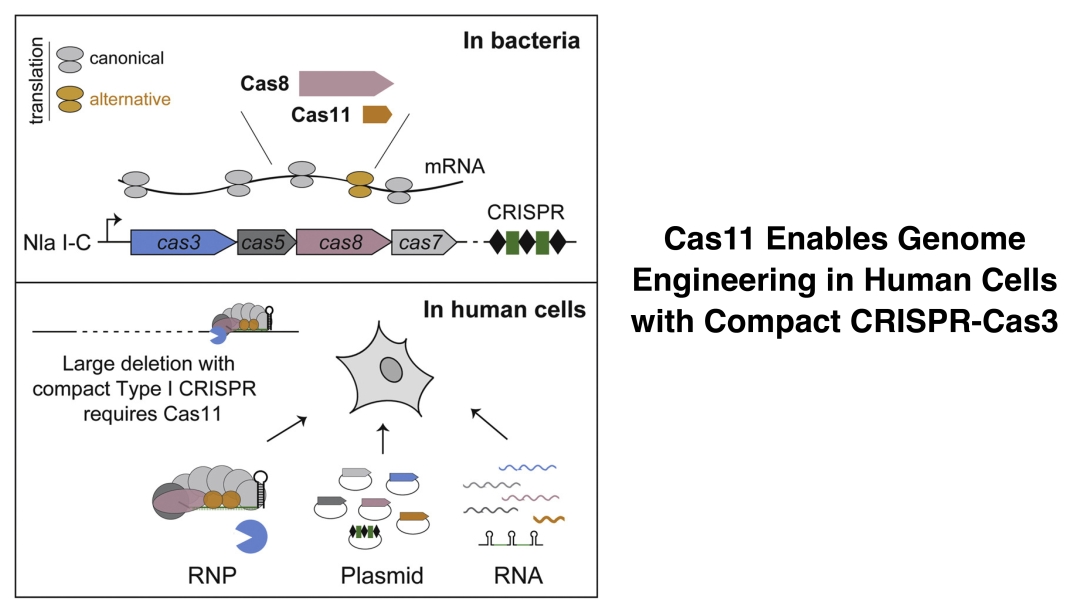
The control of gene expression is regulated in a highly organized fashion to ensure specific genes are expressed at the appropriate times and levels in response to genetic and environmental stimuli.
In eukaryotes, gene expression is controlled at multiple levels, from transcription factor-mediated recruitment of the basal transcription machinery at specific gene promoters to processing and maturation of the RNA transcript. Disruption of these events in humans contributes to many pathologies including cancer, metabolic syndromes and developmental disorders.
Faculty investigating the regulation of gene expression are interested in topics such as transcriptional regulatory pathways in prokaryotes and eukaryotes, DNA and RNA interactions with proteins, RNA processing and the functions of catalytic RNA, and chromatin modification and remodeling. An array of modern techniques in biochemistry and molecular, cellular, and structural biology are employed to uncover the mechanisms that govern gene expression.
Jay Brito Querido, PhD
Single-particle cryo-electron microscopy in combination with biochemical approaches to study how messenger RNA translation is regulated in human health and disease
Lydia Freddolino, PhD
Bacterial chromosomal structure and its effect on gene regulation, structure-function relationships in transcriptional regulators, merging experimental and computational data in protein-DNA and protein-RNA binding free energy landscapes
Daniel Goldman, PhD
Identification of signaling pathways, chromatin alterations, and gene expression programs that drive central nervous system regeneration using the retina as a model system
Tom Kerppola, PhD
Protein interactions and modifications in living cells and animals; roles of transcription factor complexes in the control of gene expression
Rachel Niederer, PhD
Combining high-throughput experimental methods with biochemistry and molecular biology to discover translational control elements and characterize novel regulatory mechanisms impacting gene expression
Stephen Ragsdale, PhD
Molecular studies of the human nuclear receptor (Rev-Erb) involved in coupling metabolism to the circadian rhythm; regulation of gene expression by heme, redox poise, and gaseous signaling molecules (CO & NO)
Raymond Trievel, PhD
Chemical and structural biology of enzymes that covalently modify histones, transcription factors, and other nuclear proteins; current research focuses on elucidating the molecular mechanisms underlying the specificities of histone methyltransferases and demethylases and on developing new assays and reagents to characterize them
David Turner, PhD
Transcriptional and post-transcriptional mechanisms that control neuronal differentiation; regulation of gene expression in the mammalian retina by microRNAs and other small RNAs
Anne Vojtek, PhD
Molecular and biochemical analysis of signaling pathways that regulate cell proliferation and neural differentiation
Chase Weidmann, PhD
Integrating massively parallel sequencing and proteomics technologies to measure cell-wide effects of chromatin-associated ribonucleoprotein complexes on gene regulation
Yan Zhang, PhD
Biology, mechanisms, and technological applications of bacterial CRISPR-Cas systems
Renny Franceschi, PhD
Control of gene expression in osteoblasts, the cells that produce and mineralize the extracellular matrix of bone
Herman Fung, PhD
Structural and cell biology approaches to study the spatial organization of chromatin and how its dynamic structure underlies organismal development
John Prensner, MD, PhD
RNA translation in the non-coding genome; multi-omics approaches to elucidate patterns of translational regulation (or dysregulation) in pediatric cancer
Brian Ross, PhD
Molecular imaging of biological processes in living tissue, including noninvasive detection of molecular signaling events to investigate cancer growth and response to therapy
Nils Walter, PhD
Powerful single molecule studies of mechanistic structure-dynamics-function relationships in RNAs of biomedical and bioanalytical significance; current work ranges from small bacterial riboswitches to RNA-protein complexes involved in human disease
Pierre Coulombe, PhD
Regulation of cell differentiation and tissue homeostasis in complex epithelia such as skin, studied from the unique perspective of keratin intermediate filament genes and proteins
Kristin Koutmou, PhD
RNA modifications and their effect on gene expression
Stephanie Moon, PhD
Messenger RNA function, localization, and RNA-Protein granules
John Moran, PhD
LINE-1 retrotransposition: molecular mechanism and effect on the structure and function of human genomes
Teresa O'Meara, PhD
Functional genomics and genetic approaches to investigate host-pathogen interactions and the evolution and selective pressures driving pathogenesis
Scott Pletcher, PhD
Genetic mechanisms of aging and age-related disease using the fruit fly, Drosophila melanogaster, as a model system

DART, a recently developed high throughput method to measure translation initiation on thousands of RNAs in parallel, is one of the tools the Niederer lab uses to both discover translational control elements and to characterize novel regulatory mechanisms impacting gene expression.

Researchers in Yan Zhang's lab explore the biology, mechanisms, and technological applications of bacterial CRISPR-Cas systems.